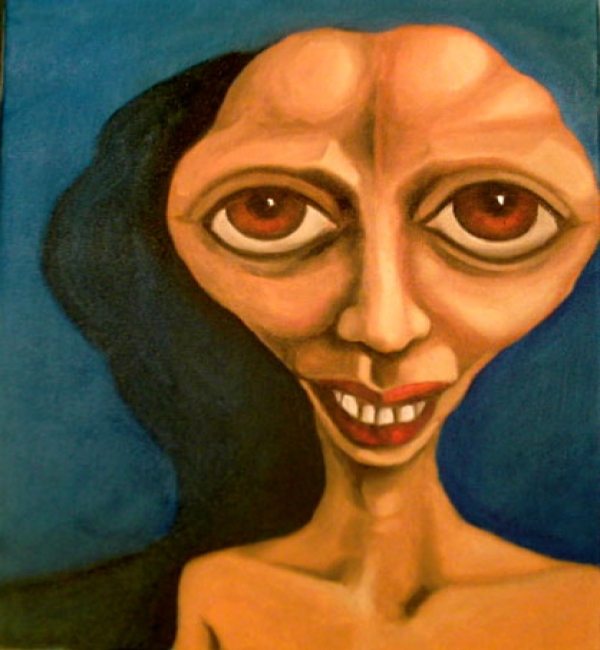Suited Up in the Compositional Realm of ‘The Artist Formerly Known as Prince’: Identity, Belonging, and Acceptance in Hanif Kureishi’s The Black Album
Main Article Content
Abstract
In the opening passages of Hanif Kureishi’s novel The Rainbow Sign (1986), the author introduces the reader to Hanif Kureishi: a Londoner born to an English mother and Pakistani father, a father who “came to England from Bombay in 1947 to be educated by the old colonial power†(9). Kureishi’s childhood, filled with cousins, aunts, and uncles, included “important, confident people†(9), who frequently took him, in taxis, to hotels, restaurants, music houses, and other places of interest during his growing-up years in London. He recounts childhood incidents where his Pakistani heritage became a central point of focus in his life. It is an ambivalent rendering.
Article Details
Section
Refereed Articles (Humanities)
- Authors retain copyright and grant the journal right of first publication that allows others to share the work with an acknowledgement of the work's authorship and initial publication in this journal.
- Authors are able to enter into separate, additional contractual arrangements for the non-exclusive distribution of the journal's published version of the work (e.g., post it to an institutional repository or publish it in a book), with an acknowledgement of its initial publication in this journal.
- Authors are permitted and encouraged to post their work online (e.g., in institutional repositories or on their website) prior to and during the submission process, as it can lead to productive exchanges, as well as earlier and greater citation of published work (See The Effect of Open Access).
- All works Published in Pakistaniaat are licensed under a Creative Commons Attribution-Noncommercial-Share Alike 3.0 United States License.

